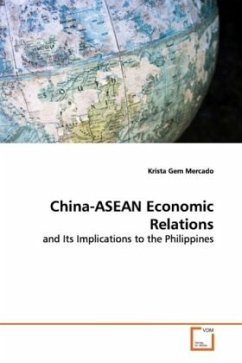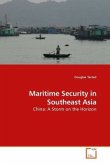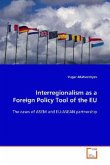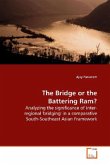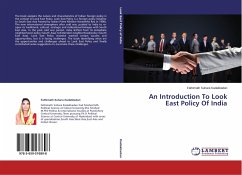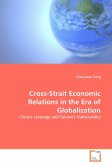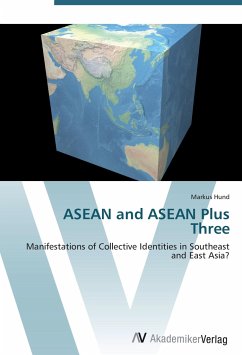The China-ASEAN relations has evolved through the
years from essentially economic partnership to
non-traditional cooperation as well in the same mode
that Adam Smith in his book Wealth of Nations
described the effects of trade and investments not
only to socio-economic order but also the security of
individuals and state. The relationship has traversed
the realm of commerce to non-traditional areas of
cooperation like security, conflict resolutions,
humanitarian missions, among others. Joint agreements
were signed between ASEAN member states and China
with regard to increased trade and settlement of
disputes like the South China Sea. The Philippines as
a member state was able to optimize its gains in the
China-ASEAN relations with the increase in bilateral
trade and investments, as well as defense,
socio-cultural, and educational relations.
Undoubtedly, the subsequent deepening of engagement
between China and the Philippines is mutually
beneficial to the two countries' national interests.
years from essentially economic partnership to
non-traditional cooperation as well in the same mode
that Adam Smith in his book Wealth of Nations
described the effects of trade and investments not
only to socio-economic order but also the security of
individuals and state. The relationship has traversed
the realm of commerce to non-traditional areas of
cooperation like security, conflict resolutions,
humanitarian missions, among others. Joint agreements
were signed between ASEAN member states and China
with regard to increased trade and settlement of
disputes like the South China Sea. The Philippines as
a member state was able to optimize its gains in the
China-ASEAN relations with the increase in bilateral
trade and investments, as well as defense,
socio-cultural, and educational relations.
Undoubtedly, the subsequent deepening of engagement
between China and the Philippines is mutually
beneficial to the two countries' national interests.

